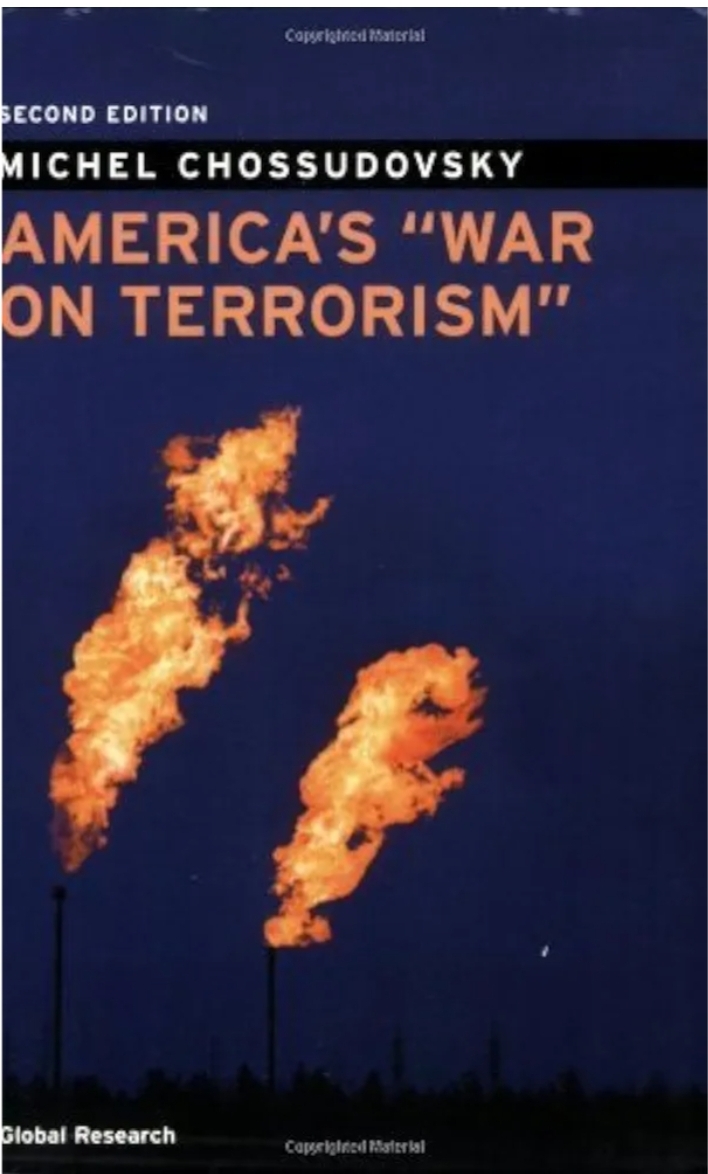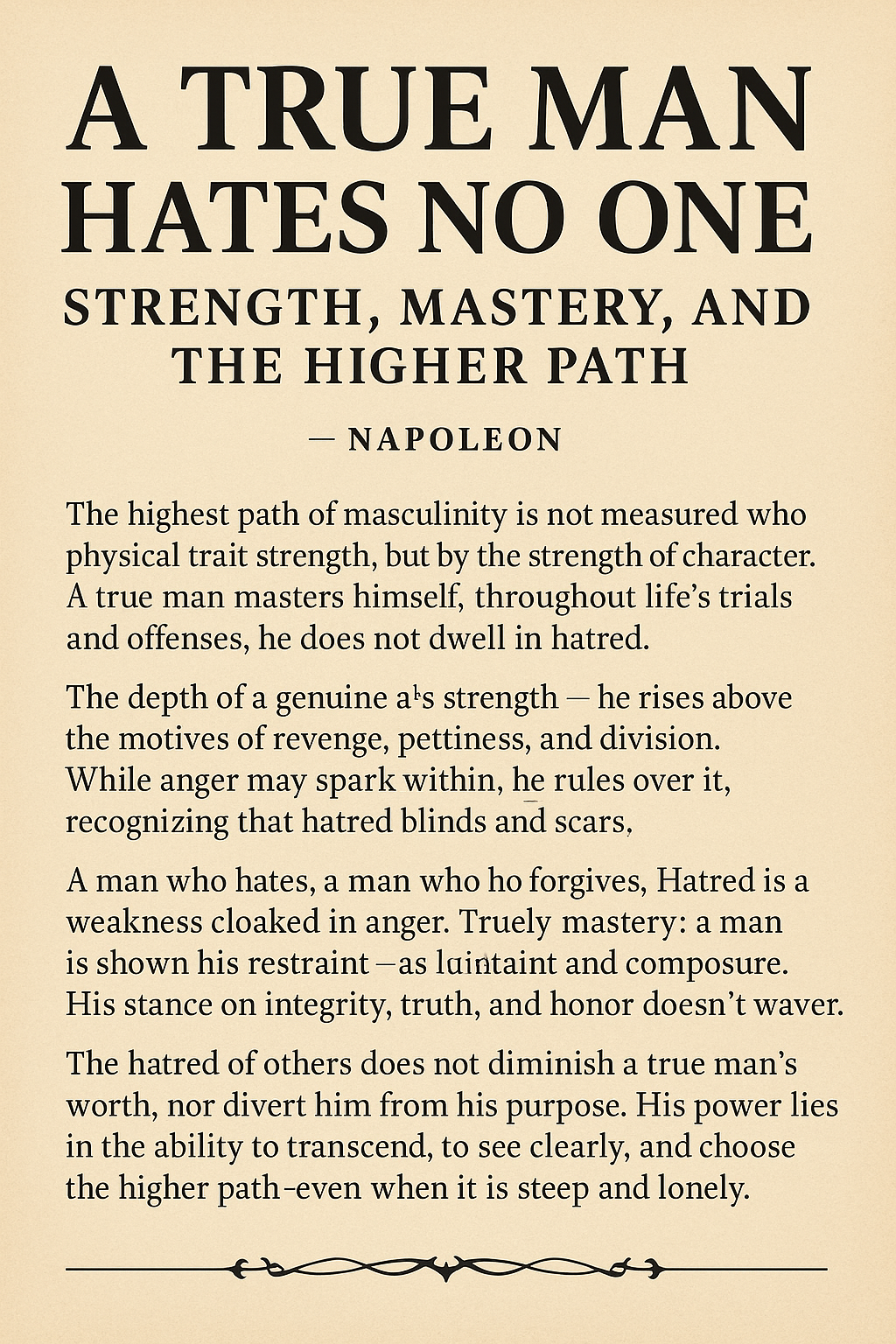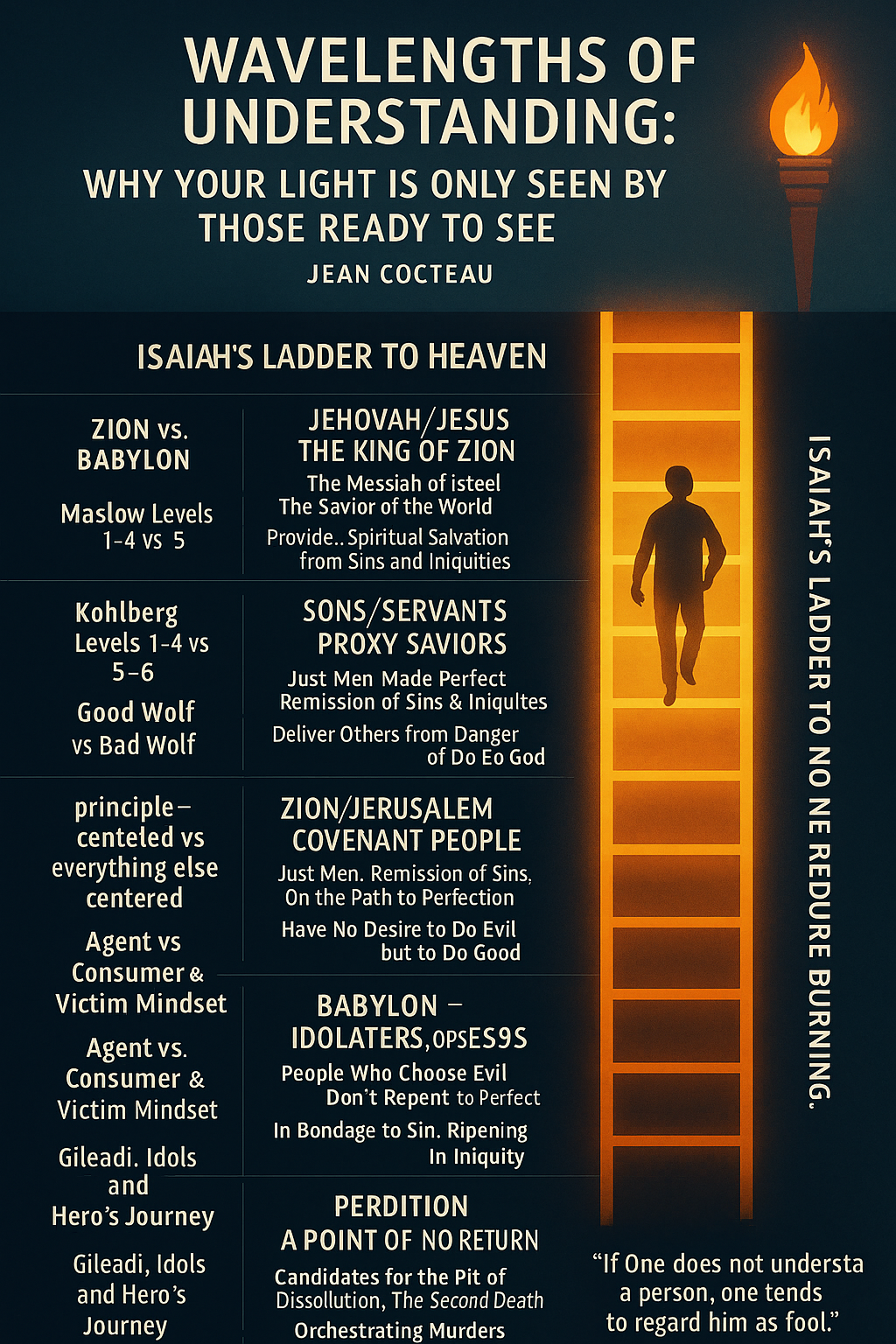America’s “War on Terrorism” by Michel Chossudovsky provides a critical examination of the United States’ global war on terror following the events of September 11, 2001. Chossudovsky argues that the official narrative of the war on terrorism is built on misinformation and manipulation, and he exposes what he sees as the underlying economic and geopolitical motives driving U.S. foreign policy in the post-9/11 era.
Key Themes and Ideas:
The 9/11 Attacks and the War on Terror:
- Chossudovsky begins by questioning the official account of the 9/11 attacks, suggesting that the U.S. government used the tragedy as a pretext to implement long-standing foreign policy objectives. He contends that the war on terror was not a response to terrorism but rather a calculated strategy to extend U.S. geopolitical and economic interests, particularly in regions rich in natural resources like the Middle East and Central Asia.
- According to the author, the global war on terror has been framed to rally public support for military interventions while masking the true objectives of securing energy resources and expanding U.S. influence.
Links Between the U.S. and Terrorist Networks:
- One of Chossudovsky’s most controversial claims is that the U.S. has a history of covertly supporting terrorist organizations, including those that were later labeled as enemies in the war on terror. He traces the connections between U.S. intelligence agencies and Islamic militant groups, particularly during the Soviet-Afghan War in the 1980s, when the CIA backed the Mujahideen, some of whom went on to form Al-Qaeda.
- Chossudovsky argues that the U.S. government has exploited these connections, using terrorism as both a tool and a pretext for advancing its foreign policy agenda.
The Invasion of Afghanistan and Iraq:
- The book critically analyzes the U.S.-led invasions of Afghanistan in 2001 and Iraq in 2003. Chossudovsky contends that these military interventions were not primarily about fighting terrorism or spreading democracy but about controlling strategic energy reserves and securing key geopolitical regions.
- He emphasizes that Afghanistan was important for its proximity to Central Asia’s energy resources, while Iraq was targeted for its vast oil reserves. Chossudovsky claims that the Bush administration manipulated intelligence to justify these wars, particularly in the case of Iraq, where weapons of mass destruction (WMDs) were never found.
The Role of the Military-Industrial Complex:
- Chossudovsky explores the influence of the military-industrial complex in shaping U.S. foreign policy. He argues that the war on terror has led to an unprecedented expansion of military spending, benefiting defense contractors and private military companies at the expense of public welfare and global stability.
- The author suggests that the war on terror is, in part, a way to justify continuous military expenditures and interventions, keeping the military-industrial complex well-funded and ensuring its dominance in shaping U.S. policy.
The Erosion of Civil Liberties:
- A significant portion of the book is devoted to the domestic consequences of the war on terror, particularly the erosion of civil liberties in the U.S. and other Western democracies. Chossudovsky examines how anti-terrorism laws, such as the Patriot Act, have been used to curtail freedoms, expand government surveillance, and target dissent.
- He argues that the war on terror has created a “police state” mentality, where governments justify the erosion of rights in the name of national security. This, he contends, is part of a broader trend toward authoritarianism, driven by the same interests that benefit from the war on terror.
Geopolitical Objectives and Control of Energy Resources:
- Chossudovsky underscores the role of energy resources, particularly oil and natural gas, in U.S. foreign policy. He suggests that the war on terror has been used to justify military interventions aimed at securing control over the world’s key energy-producing regions.
- The Middle East, Central Asia, and parts of Africa are highlighted as regions of strategic interest, where the U.S. has sought to establish military bases and influence governments to ensure access to vital resources. The author argues that this resource-driven foreign policy is disguised as a fight against terrorism.
The Role of Media and Propaganda:
- Chossudovsky also addresses the role of the media in perpetuating the official narrative of the war on terror. He argues that mainstream media outlets have played a key role in spreading government propaganda, often uncritically accepting official statements and failing to question the motives behind U.S. foreign policy.
- The author accuses the media of creating a climate of fear and paranoia, which has allowed the government to carry out its policies with minimal public scrutiny or opposition.
Global Consequences of the War on Terror:
- The book discusses the global impact of the war on terror, including its destabilizing effects on countries targeted by U.S. interventions. Chossudovsky argues that far from eradicating terrorism, U.S. actions have often exacerbated violence and instability, leading to the rise of new extremist groups and the spread of terrorism to other parts of the world.
- He points to the destruction of Iraq, the chaos in Libya following the U.S.-led intervention, and the ongoing conflict in Afghanistan as examples of how the war on terror has failed to bring peace or security to the regions it purportedly aims to help.
The False Dichotomy of “Good vs. Evil”:
- Chossudovsky criticizes the simplistic “good vs. evil” narrative often employed by U.S. leaders to justify the war on terror. He argues that this black-and-white portrayal of global conflicts ignores the complex historical, economic, and geopolitical factors that drive terrorism and insurgency.
- The author asserts that the U.S. has contributed to the conditions that fuel terrorism through its foreign policies, and that addressing the root causes of extremism requires a more nuanced approach than military force and regime change.
A Call for Awareness and Resistance:
- Chossudovsky concludes by calling for greater public awareness of the true motives behind the war on terror. He urges people to resist the manipulation of fear and the erosion of their rights, and to critically question the actions of their governments.
- The book advocates for a global movement against war, militarism, and the exploitation of nations and resources in the name of fighting terrorism.
America’s “War on Terrorism” is a critical examination of U.S. foreign policy in the post-9/11 world. Michel Chossudovsky argues that the war on terror is not about combating terrorism but about advancing U.S. geopolitical and economic interests, particularly in regions rich in natural resources. The book challenges the official narrative and calls for a deeper understanding of the forces driving global conflict and the erosion of civil liberties in the name of security.







